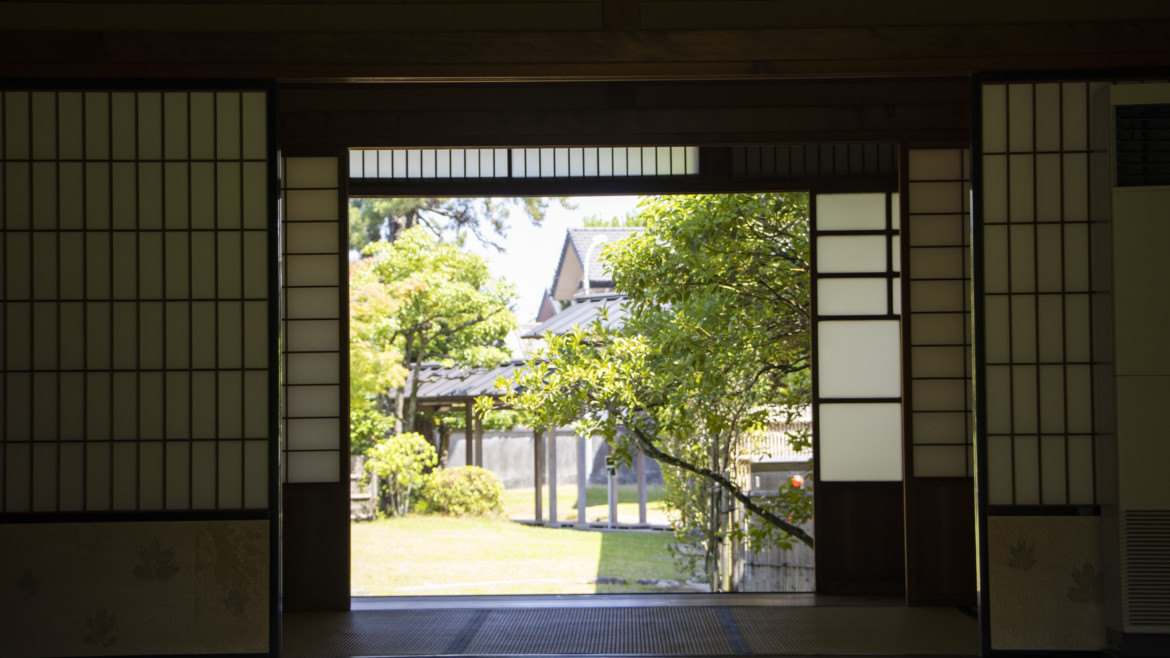Japanese culture offers a rich tapestry of experiences that engage all the senses, among which the sense of smell holds a unique place. For lovers of traditional Japanese musical instruments, or “wagakki,” these unique scents can add another layer of depth to their musical pursuits. In this blog post, let’s explore some of the distinctive aromas that define Japanese culture.
The Smell of Tatami Mats
Tatami mats, emblematic of traditional Japanese rooms, are known for their unique, grassy aroma. The scent of fresh tatami is invigorating and often evokes nostalgic memories for many Japanese people. This aroma may beautifully complement the timbre of traditional Japanese instruments.
The Scent of Hinoki Cypress
Hinoki cypress, often used in Japanese architecture and wooden bathtubs, is renowned for its pleasant woody scent. This fragrance has a calming effect, which could potentially improve focus and concentration while playing a traditional Japanese instrument.
The Smoke of Incense
The scent of incense, frequently used in Japanese shrines and temples, has a mystical quality to it. This scent can imbue both the musicians and their audience with a special sense of reverence, making the musical performance feel even more sacred.
The Intersection of Scent and Performance
In the context of playing traditional Japanese instruments, these scents may serve as mere backdrops. However, they can also act as accents that make the performance more poignant. Especially for those performing these instruments abroad, these unique scents can add additional layers of meaning and connection to the music.
Conclusion
Scent plays a significant role in Japanese culture, and understanding these unique aromas may enrich your understanding of the musical instruments as well. So continue to savor the unique fragrances of Japan as you enjoy the beautiful world of traditional Japanese musical instruments.



Leave a review